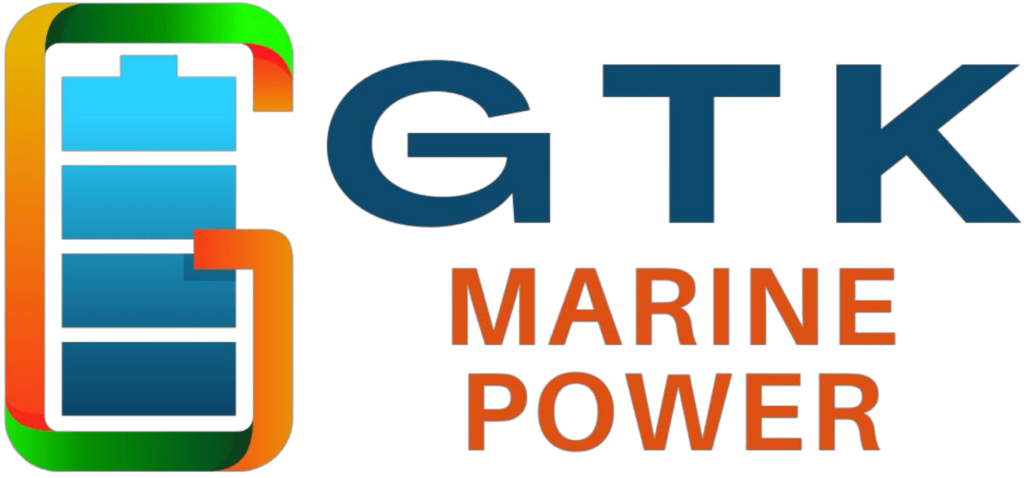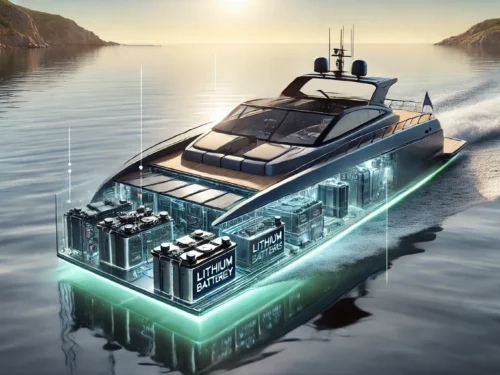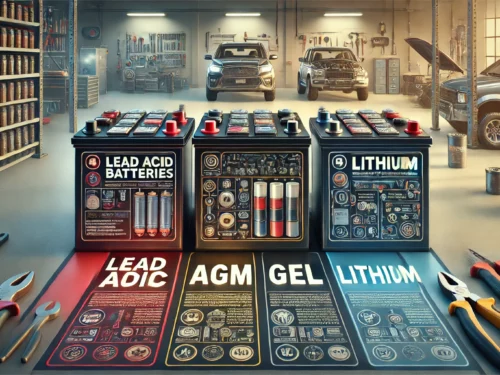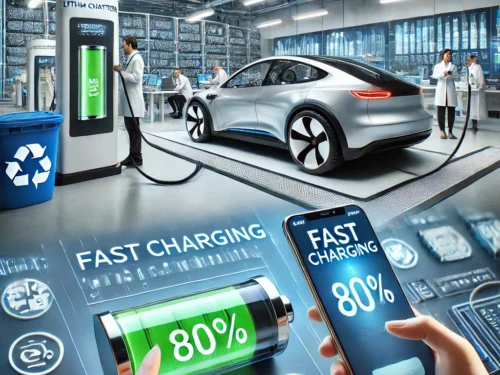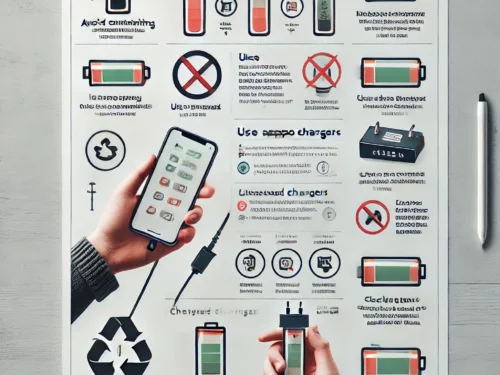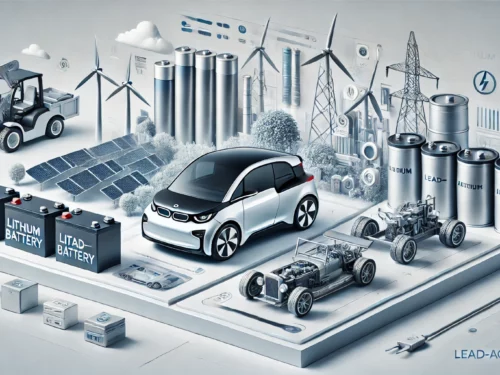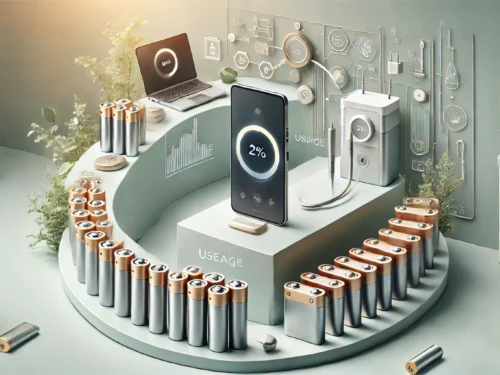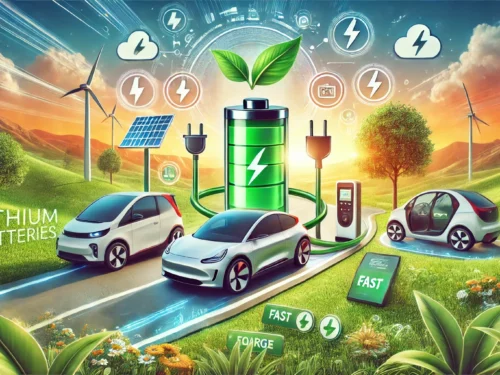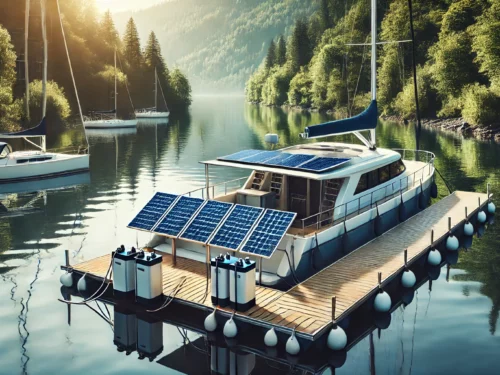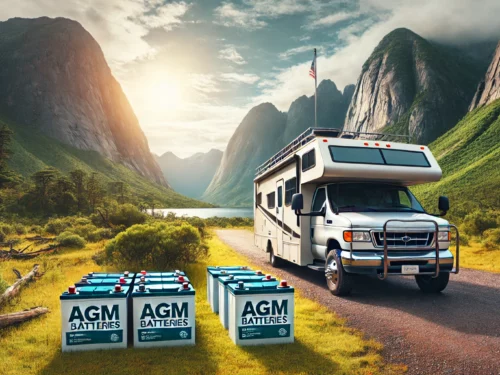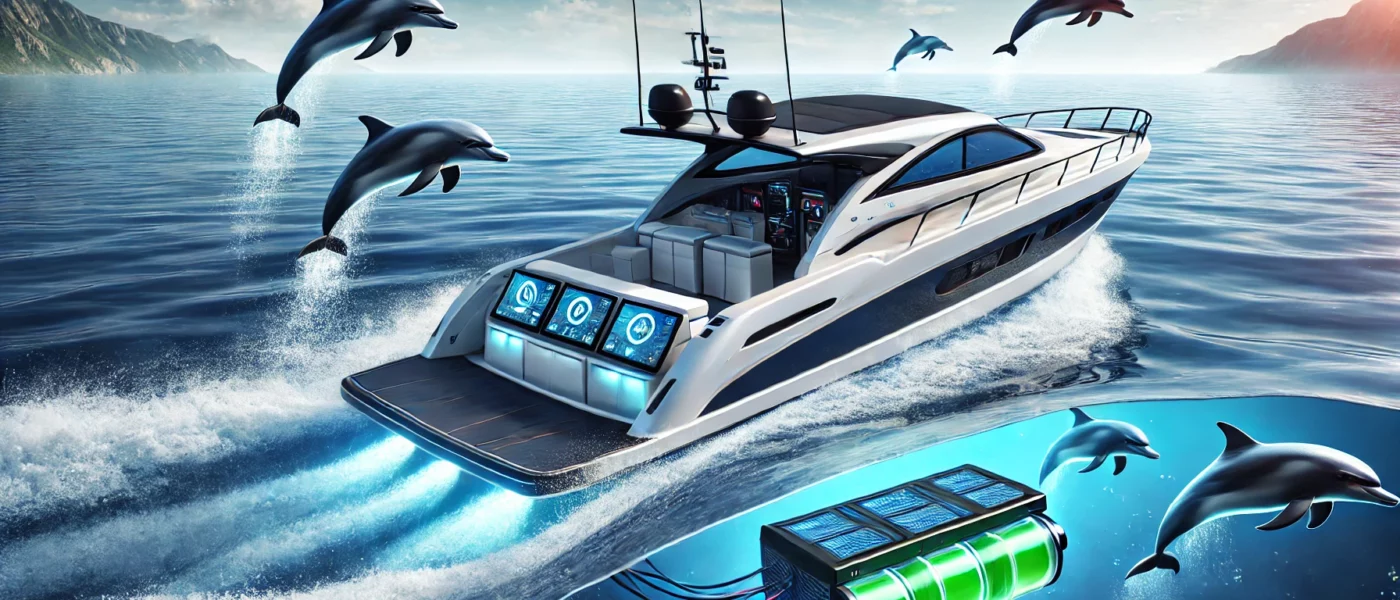
Choosing the right marine battery for your boat is essential for smooth and safe adventures on the water. With so many types and options available, it’s important to know how to pick the best battery for your needs. Whether you’re embarking on a weekend fishing trip or a long sailing voyage, having reliable power can make or break your journey. Here’s a guide to help you make the right choice for your marine battery needs.
Understand the Types of Marine Batteries
Marine batteries fall into three main categories: starting, deep cycle, and dual-purpose. Each serves a specific function, and choosing the wrong one can result in performance issues.
- Starting Batteries: These are designed to provide a quick burst of power to start your engine. They are not meant for long-term energy use, but they recharge quickly.
- Deep Cycle Batteries: Ideal for powering electronics and accessories on your boat, these batteries deliver consistent, reliable energy over long periods. They’re perfect for trolling motors, lighting, GPS, and other devices.
- Dual-Purpose Batteries: As the name suggests, dual-purpose batteries combine the features of both starting and deep cycle batteries. If you want a versatile option that does a bit of everything, this may be the right choice for you.
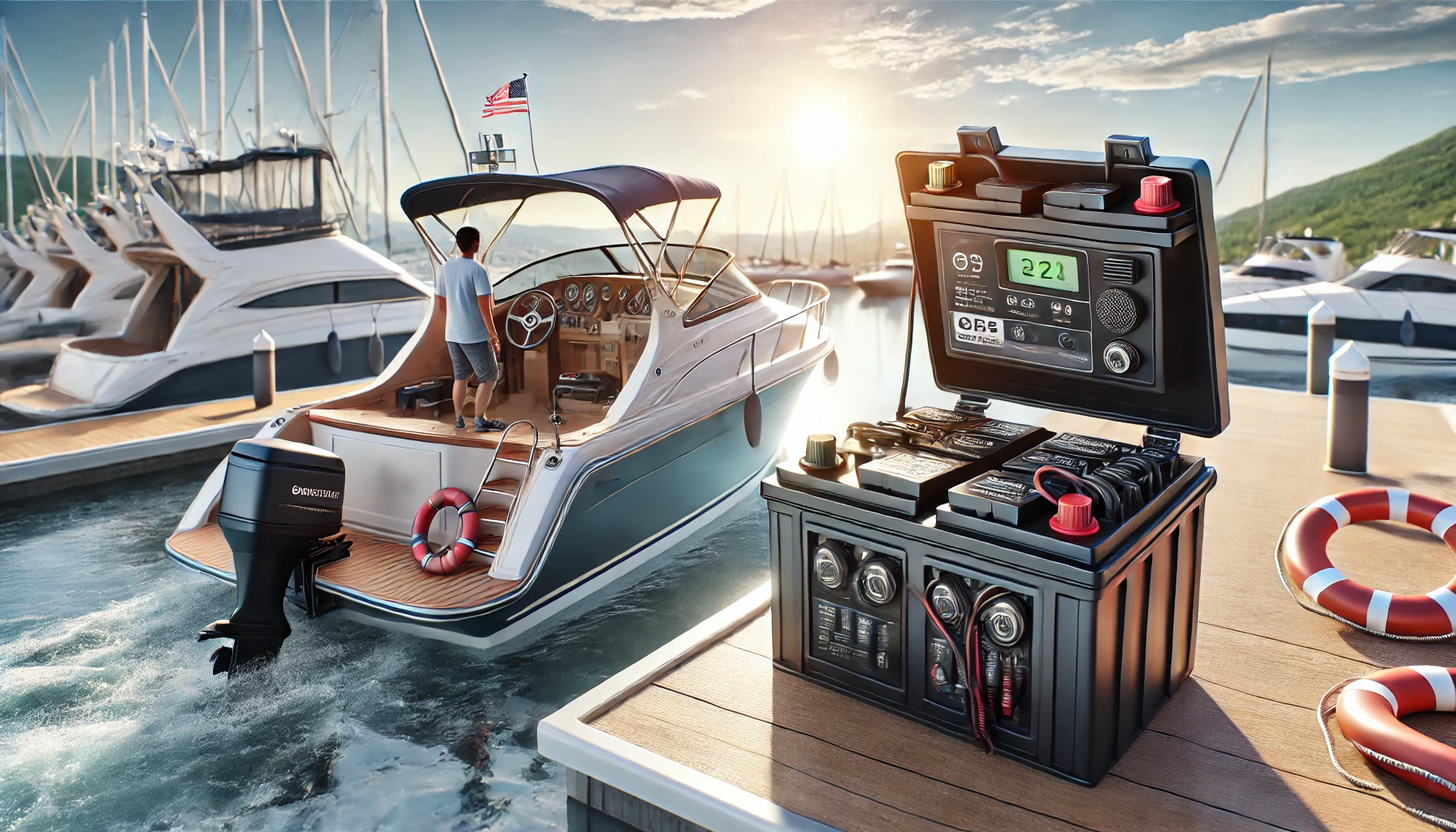
Consider Your Boat’s Power Needs
Before selecting a battery, evaluate how much power your boat requires. Larger boats with more electronics and appliances will need a higher capacity battery, while smaller boats may only require a basic setup. Make a list of all the devices you need to power—such as GPS, lights, fish finders, and radios—and check their energy requirements.
Some tips to help determine your power needs:
- Consider all the electronics and equipment onboard.
- Account for the hours you’ll be using them.
- If you’re running multiple accessories for extended periods, a deep cycle battery is a must.
Know the Battery Capacity
Battery capacity is measured in amp-hours (Ah), which indicates how much energy a battery can store. For example, a battery with a capacity of 100 Ah can deliver 10 amps of power for 10 hours. The higher the amp-hour rating, the longer the battery will last before needing to be recharged.
If you’re someone who spends long hours on the water without access to a charging station, choosing a high-capacity deep cycle battery is a wise investment. This ensures your electronics will continue running even during extended trips.
Think About Weight and Size
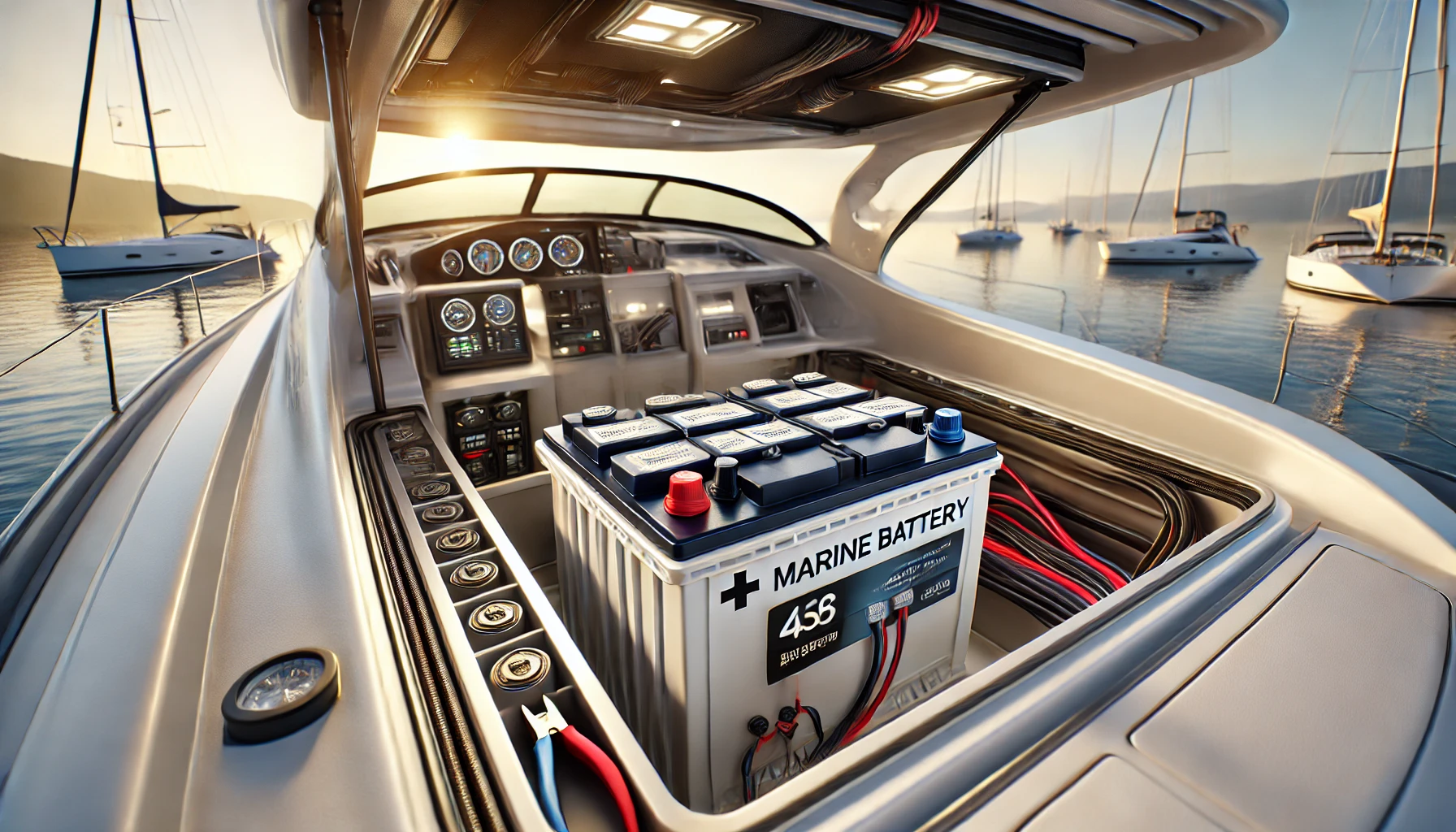
The size and weight of your battery will depend on the type of boat you have. Smaller boats have limited space, so you’ll need a compact battery that can fit into your available storage area. Meanwhile, larger boats may have more room for bigger, higher-capacity batteries.
- Lithium batteries are the lightest option, which can improve your boat’s performance, especially if weight is a concern.
- Lead-acid batteries tend to be heavier, so consider this if your boat is small or weight-sensitive.
Choosing the right size battery ensures proper storage and avoids overloading your boat with excess weight.
Look for Easy Maintenance
Some marine batteries require regular maintenance, like checking water levels or cleaning terminals. If you prefer a hassle-free solution, opt for maintenance-free batteries, such as AGM or gel batteries. These are sealed and do not require frequent upkeep, allowing you to focus more on enjoying your time on the water.
Maintenance considerations:
- Flooded lead-acid batteries need regular maintenance, including topping off with distilled water and cleaning corrosion from terminals.
- AGM and gel batteries are virtually maintenance-free, making them ideal for those who want minimal upkeep.
Check for Eco-Friendly Options
As marine adventures often involve beautiful natural environments, it’s worth considering eco-friendly batteries. Some battery types, like lithium-ion, are more environmentally friendly than traditional lead-acid batteries. These batteries have a longer lifespan and generate less waste.
Opting for a battery that lasts longer also means fewer replacements and a reduced environmental footprint.
Key Takeaways: Choosing the Right Battery for Your Boat
When choosing the right battery for your marine adventures, keep these key points in mind:
- Evaluate your boat’s power needs: Make a list of all the electronics and accessories that require power.
- Consider battery capacity: Higher amp-hour ratings mean longer-lasting power.
- Choose durability and lifespan: AGM, gel, and lithium batteries offer different levels of performance in tough marine environments.
- Think about weight and size: Select a battery that fits your boat’s storage and weight capacity.
- Opt for easy maintenance: Maintenance-free batteries reduce hassle.
- Look for eco-friendly options: Consider long-lasting, low-impact batteries.
Power Up for Your Next Marine Adventure
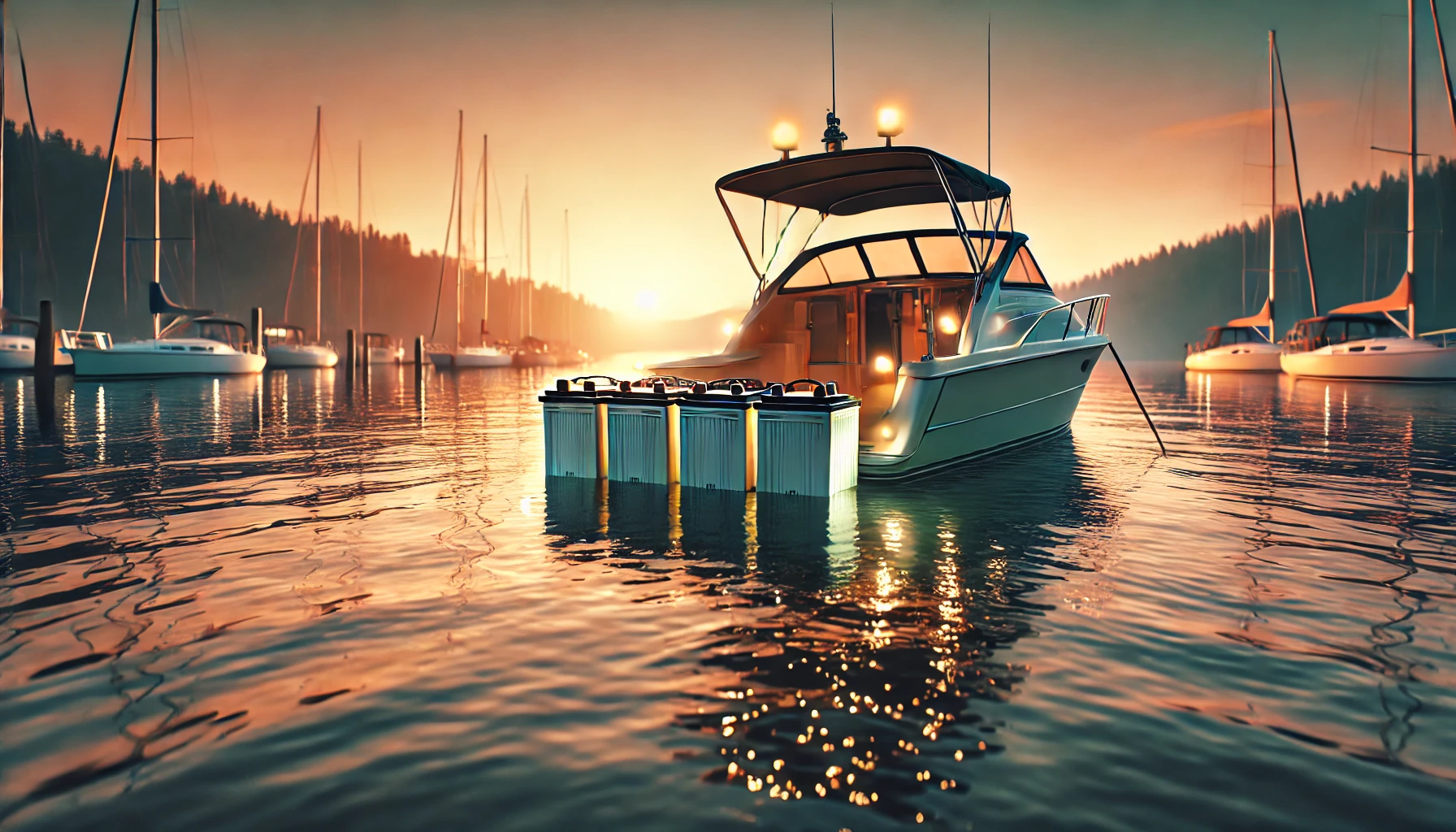
Choosing the right marine battery doesn’t have to be complicated. By considering your boat’s power needs, battery type, capacity, and durability, you’ll be well-prepared for your next adventure. Whether you’re fishing, cruising, or enjoying a weekend getaway, having a reliable and high-quality battery is essential for ensuring smooth and safe trips. Invest in the right power solution today, and enjoy the peace of mind that comes with knowing your boat is ready for anything the open water throws your way.
